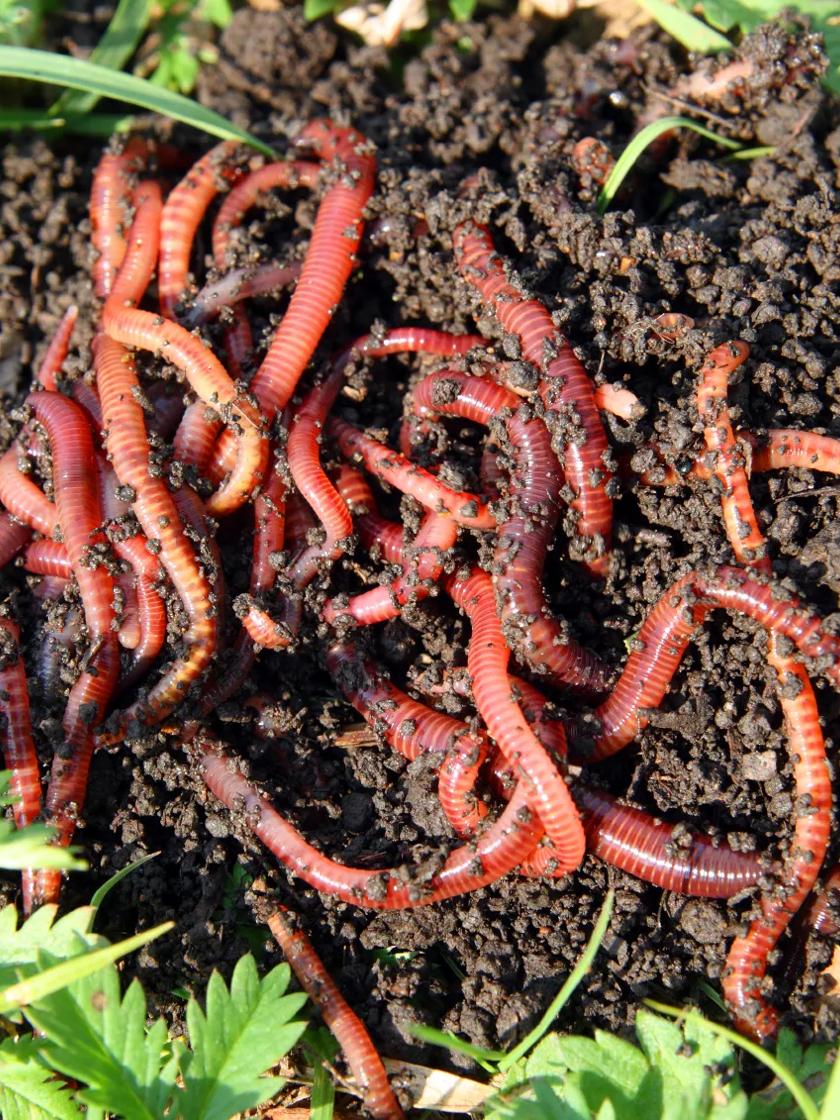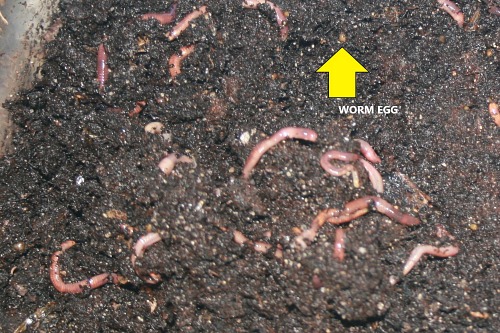Red Wiggler Worms Demystified: Unlocking the Keys of Vermiculture for Greener Living and Nutrient-Rich Dirt
In the realm of sustainable methods for enhancing soil quality and advertising eco-conscious living, red wiggler worms play an essential yet usually overlooked role. Red Wiggler Worms. Comprehending the details of caring for these worms, maximizing their setting, and using their spreadings can lead to a greener lifestyle and healthier soil for plants to flourish.
The Function of Red Wiggler Worms
Red Wiggler worms play a crucial duty in composting systems by successfully breaking down natural matter right into nutrient-rich castings. These starved eaters take in a selection of natural materials, such as cooking area scraps, backyard waste, and paper items. As they feed, the worms' gastrointestinal procedures break down the raw material right into a penalty, dark, and nutrient-dense product called worm spreadings or vermicompost.
The castings produced by Red Wiggler worms are extremely beneficial for soil health and wellness and plant development. They are abundant in important nutrients like potassium, nitrogen, and phosphorus, which are crucial for sustaining healthy and balanced plant growth. Furthermore, worm castings include helpful microorganisms and enzymes that aid enhance dirt structure, rise water retention, and enhance nutrient uptake by plants.
Benefits of Vermicomposting

It improves soil framework, boosts dirt aeration, and increases dirt wetness retention. Vermicompost also enhances the soil with essential nutrients like phosphorus, nitrogen, and potassium, advertising plant development and total soil fertility.
Furthermore, vermicomposting supports lasting gardening practices by supplying a chemical-free and all-natural option to synthetic plant foods. Red Wiggler Worms. This eco-friendly approach not just enriches the soil yet also helps in reducing dependence on damaging chemicals, advertising a greener and a lot more lasting means of horticulture
Establishing a Worm Bin
When developing a worm container for vermicomposting, correct setup is essential to ensure the success of the composting procedure. The first action in establishing up a worm container is selecting an ideal container.
After including the bed linen, introduce the red wiggler worms to the bin. The navigate to this website worms must after that be offered with food scraps such as fruit and vegetable peels, coffee premises, and eggshells.
Regularly keep track of the dampness degrees and temperature in the worm bin to ensure ideal problems for the worms. With correct setup and upkeep, the worm bin will effectively transform organic waste right into nutrient-rich compost for your plants and yard.
Collecting Worm Castings
To effectively accumulate nutrient-rich worm spreadings from your vermicomposting system, a methodical harvesting technique is important. There are a couple of essential actions to comply with to guarantee an effective process when it comes time to collect the worm castings. First of all, stop including fresh food scraps away of the worm bin for a couple of weeks prior to collecting. This motivates the worms to migrate sideways with fresh bed linens and food, making it much easier to dig the castings from the opposite side.

Troubleshooting Common Issues
Determining and attending to typical difficulties that may develop during the vermicomposting process is important for preserving a healthy and productive worm bin. One typical problem that vermicomposters encounter is overfeeding. Including excess food scraps can bring about a build-up of wetness and acidity in the worm bin, possibly hurting the worms. To stop this, feed the worms in moderation, guaranteeing that the food scraps are sufficiently broken down before including a lot more. One more problem is unpleasant smells rising from the worm container. Foul scents suggest anaerobic problems, commonly brought on by overwatering or poor ventilation. To remedy this, adjust the moisture degrees by including completely dry bed linen products like shredded paper or cardboard and boost oygenation by transforming the bed linens frequently.
In addition, if the worm population is decreasing or the worms appear unhealthy, it can be because of ecological stressors such as extreme temperature levels or pH degrees. Monitoring these variables and making needed adjustments is important for the look at this web-site health of the worms. By fixing these common problems quickly, vermicomposters can ensure a smooth and effective vermicomposting process while maintaining a prospering worm population.

Verdict
In final thought, red wiggler worms play an important function in vermiculture by damaging down organic issue into nutrient-rich dirt. Setting up a worm bin is vital for successful vermiculture, and collecting worm castings supplies useful garden compost for gardening.
As they feed, the worms' digestive system processes break down the organic issue right into a penalty, dark, and nutrient-dense material recognized as worm castings or vermicompost.
The castings produced by Red Wiggler worms are very advantageous for soil wellness and plant development. Including excess food scraps can lead to a buildup of wetness and acidity in the worm container, potentially hurting the worms.In addition, if the worm populace is decreasing or the worms appear harmful, it could be due to ecological stressors such as extreme temperature levels or pH degrees. Establishing up a worm container is crucial for effective vermiculture, and harvesting worm castings gives valuable compost for gardening.